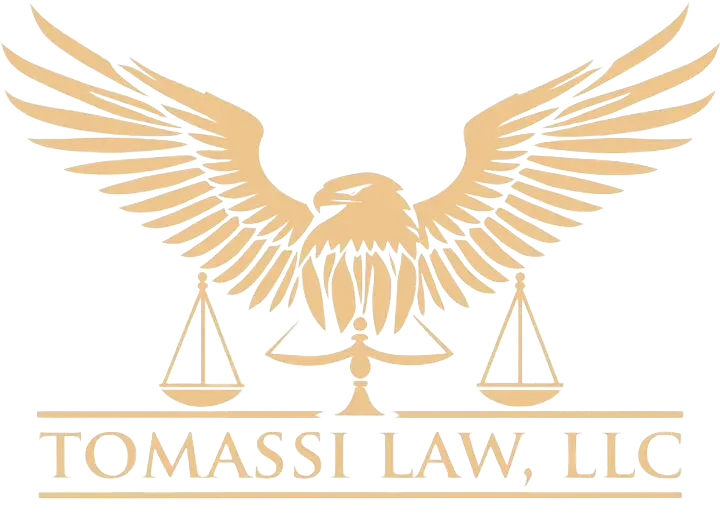Contesting a Will in Rhode Island: What You Need to Know
Contesting a Will in Rhode Island: What You Need to Know
When a loved one passes away, the distribution of their estate can bring clarity—or conflict. If you believe a will does not reflect the true intentions of the deceased or that legal improprieties occurred, Rhode Island law does provide mechanisms to contest it. At Tomassi Law, LLC, we assist the Warwick community in navigating the complex process of will contests with clarity and compassion.
Legal Grounds for Contesting a Will in Rhode Island
To successfully challenge a will, you must present valid legal grounds. Rhode Island courts do not entertain disputes based solely on dissatisfaction with inheritance. Here are the most recognized grounds for contesting a will:
1. Lack of Testamentary Capacity
The person who made the will (the testator) must have been mentally competent at the time of its creation. This means they must have understood:
- The nature of creating a will
- The extent of their assets
- The identity of the natural beneficiaries (heirs)
If the testator was suffering from dementia, mental illness, or was under the influence of medication that impaired judgment, their capacity may be questioned.
2. Undue Influence
A will can be contested if someone exerted significant pressure over the testator to influence the distribution of assets. This commonly occurs when a caregiver, family member, or close friend manipulates the testator for personal gain, especially when the resulting will deviates from previously stated intentions.
3. Fraud or Forgery
A will signed under false pretenses or forged is invalid. If evidence shows that the testator was tricked into signing the will, or the signature was not theirs, the document can be invalidated.
4. Improper Execution
Rhode Island requires wills to meet specific formalities. Generally, the will must:
- Be in writing
- Be signed by the testator (or by someone else in their presence and at their direction)
- Be witnessed by at least two individuals who also sign the document
If these requirements are not met, the will may be deemed legally unenforceable.
5. Subsequent Will or Codicil
If a newer will exists and was properly executed, it can revoke a previous will. Contesting a will based on the existence of a more recent version is a valid challenge.
Who Can Contest a Will?
Not everyone can file a challenge. In Rhode Island, you must be an "interested party"—typically someone who stands to gain or lose financially from the outcome. This includes heirs, beneficiaries named in previous wills, or individuals who would inherit under intestate succession laws if the will is invalidated.
When and How to Contest a Will
A petition to contest a will must be filed within a strict legal timeframe—usually within six months of the will being admitted to probate. Acting quickly and consulting an attorney familiar with Rhode Island probate law is essential.
Legal Support in Warwick
If you suspect something is wrong with a will that affects you or a loved one, Tomassi Law, LLC is here to help. We assist clients in Warwick and throughout Rhode Island in evaluating the merits of a challenge and taking decisive legal action when warranted.









